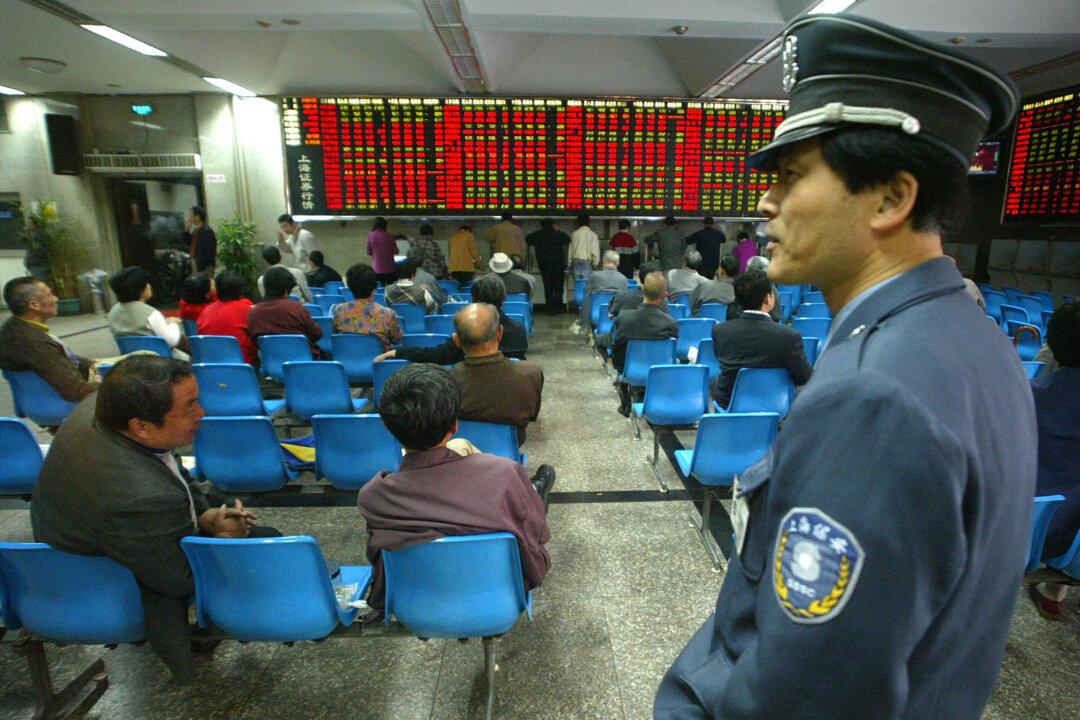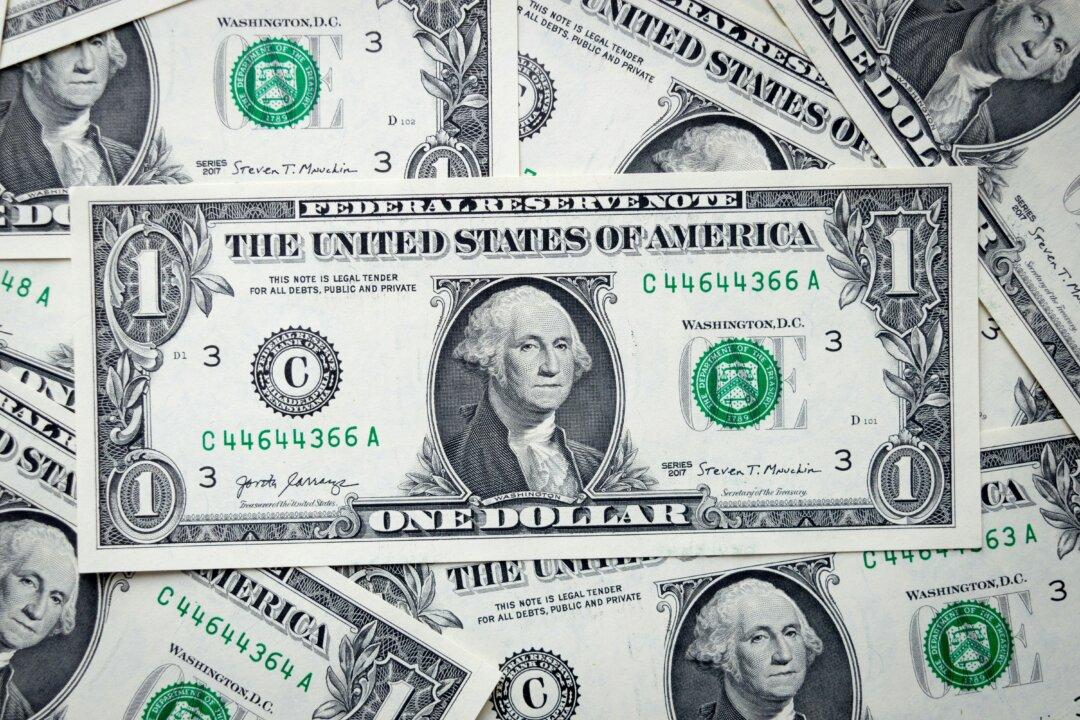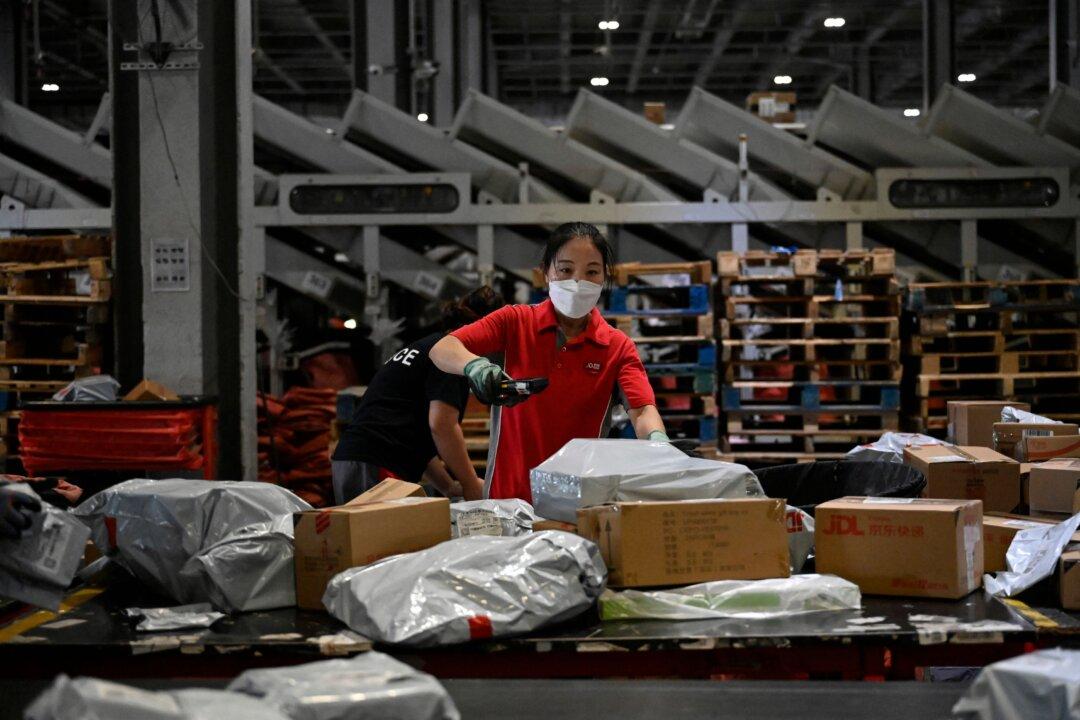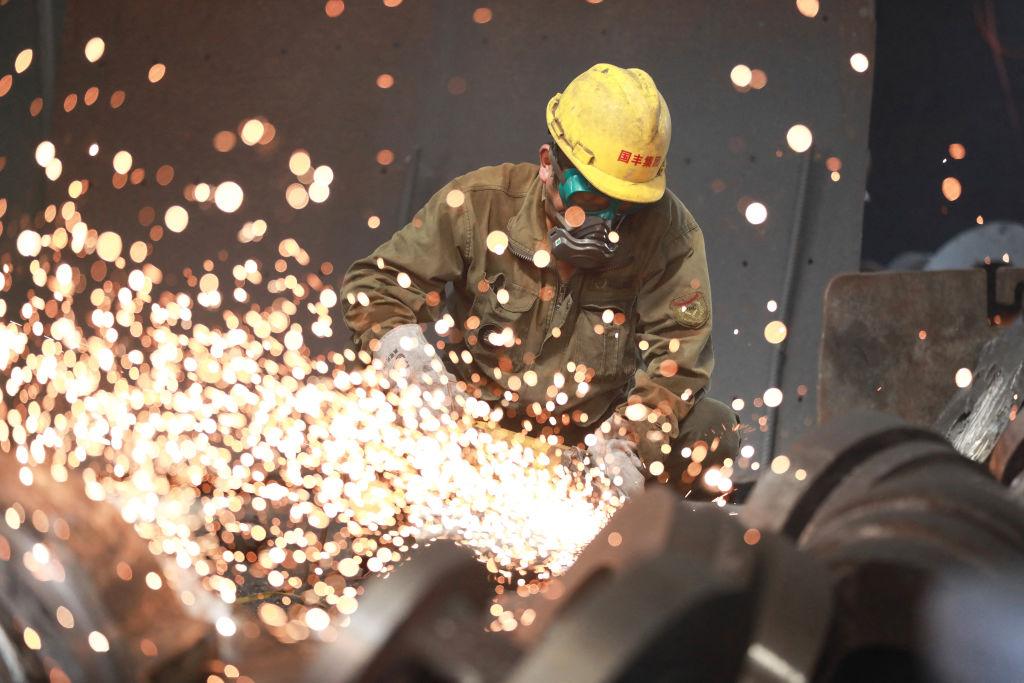News Analysis
The three-day ban on a large computer-driven hedge fund slapped by China’s main stock exchanges late on Tuesday may be yet another attempt by Beijing to stabilize stock markets. But it also highlights the tension between aggressive trading strategies and the regulators’ efforts to ensure market stability.





